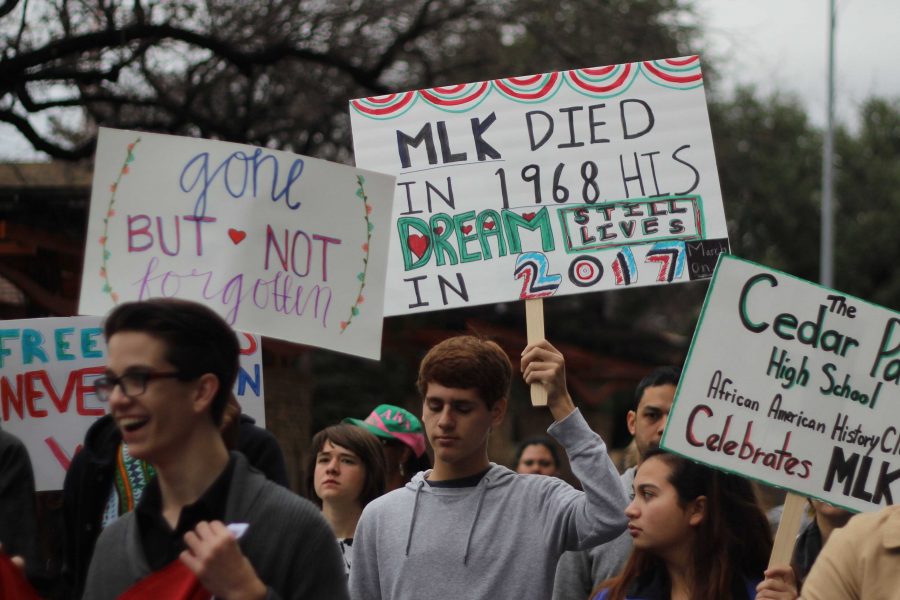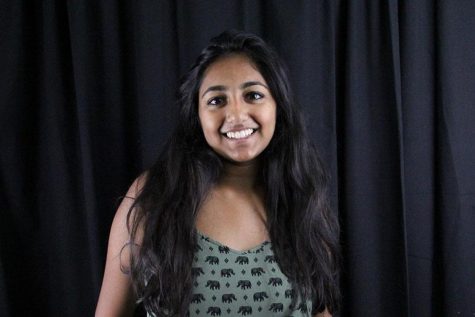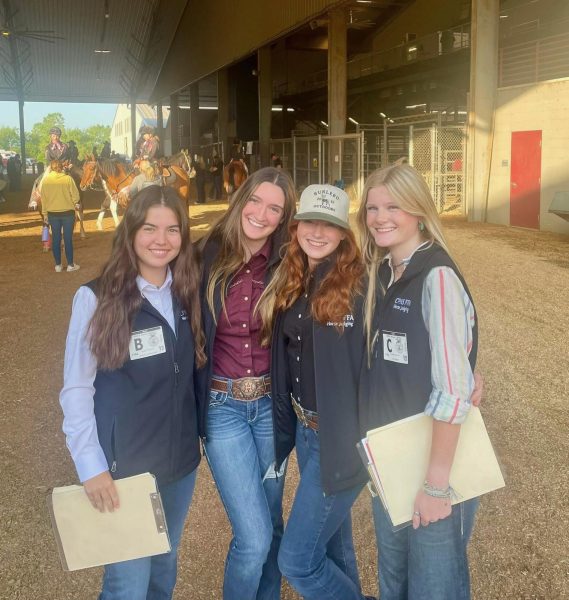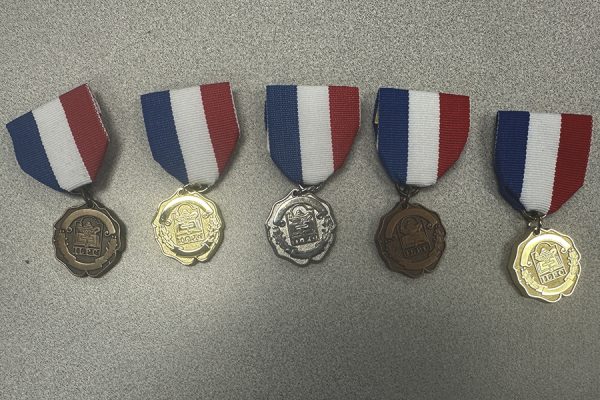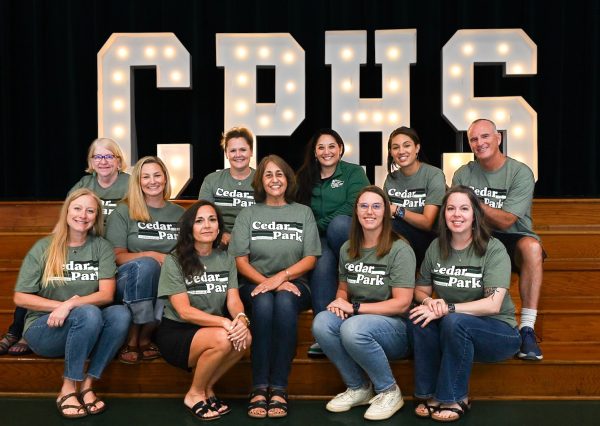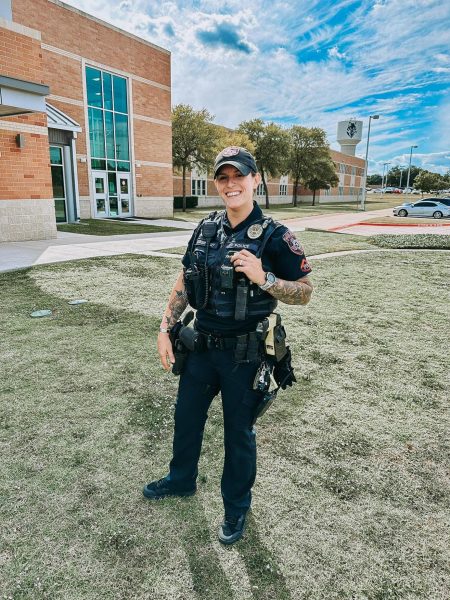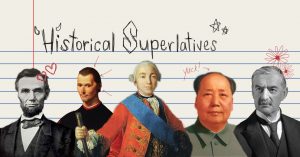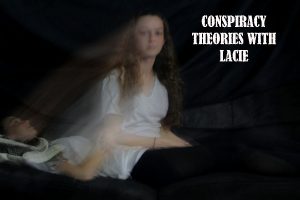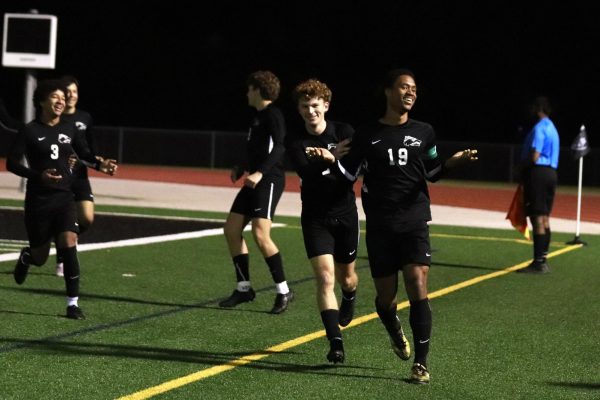MLK Day March Welcomes African American Heritage Club
Senior Nathan Smith was among those that stormed the Austin capitol to support MLK and the race related issues brought up by the presidency. “I think race does and doesn’t matter,” Smith said. “It matters in the sense of identity and culture but it shouldn’t matter in the eyes of the law. There are different races on this planet but that doesn’t mean they shouldn’t all be treated equally.”
January 30, 2017
“Freedom is never given, it is won,” was colorfully written on signs held by CP students as they marched through downtown Austin along with many other schools and groups on Jan. 16. The sky may have been grey, but the hearts and minds of those there that day were not.
With school closed in honor of the late civil rights activist Martin Luther King Jr, some students decided to participate in the annual walk for MLK. Each year during the holiday, the MLK celebration organization arranges a march through the streets of UT’s campus to the Texas capitol. Students from the Cedar Park HS African American Heritage club stood holding their signs high, waiting to march along with the rest of the crowd.
Junior Greg Phea created AAH club in order to promote equality and a “safe place” for all people. Since MLK was a notable figure in the civil rights movement and African American history, Phea thought it was not only necessary, but important, to organize fellow students and members of the club to go to the march.
“The whole purpose of the club is to foster dialogue about researching, writing and teaching black culture,” Phea said. “Part of that is encouraging students to follow the footsteps of our great African American leaders and make profound differences in our lifetime by studying the history, and closely examining the effects and outcomes of our wonderful heritages. Bringing people out into the community allows for that true learning to happen. We have to step out of our comfort zones if we wish to understand one another as human beings.”
Senior Lexxi Clinton took a step outside of her comfort zone and embraced being a woman of color.
“I used to hate MLK day because I felt it highlighted my differences from the other students,” Clinton said. “It wasn’t until recently, I realized the importance of recognizing the effort and sacrifice many took for equality. I went to the march to show my support for making aware the race situation in this country, while putting forward a peaceful step to help the cause.”
During the opening ceremony of the march, several times, the speakers, such as the UT president, Gregory L. Fenves, and Michael Eric Dyson, an American Book Award recipient, mentioned the political climate in America right now. They encouraged everyone, but especially POC [people of color] on the steps they must take to ensure peace, especially because, despite Austin’s booming population, the African American population has decreased, according to KUT, Austin’s NPR station.
“The political climate has effected POC everywhere because there are so many problems such as discrimination, institutional racism and police brutality,” Clinton said. “We as students have taken initiative to have an African American Heritage club to spread awareness and create a safe space for students to ask hard questions and get answers.”
Clinton was not the only senior at the march ready to ask the hard questions in the pursuit of justice. Senior Nathan Smith also marched to support the legacy MLK left behind, and to advocate for civil rights.
“I decided to go to the MLK march because race relations are something I desire to be closely aligned with,” Smith said. “Race relations are not much different than they were over 60 years ago, and change starts with the individual. Students should be active in the community because, as Americans, we owe it to each other to stand up for the disenfranchised and oppressed.”
The change in presidency has raised a lot questions pertaining to this matter, and Phea said he sensed the change in atmosphere and emotion of the march.
“The march was definitely a lot tenser than when I had gone previously,” Phea said. “I guess part of that’s because racial tensions in our country have become a larger discussion in comparison to five years ago, though despite the feelings of anger, there was a dominant aura of peace. It was an amazing experience to see hundreds of people gathered together with arms aside, for a common vision.”
The vision was shared during the march in several ways, but it was when everyone stopped in front of the state capitol and speakers came up and told the story of MLK when people really understood the depth of what being there on that day meant, according to Phea.
“The most moving speech I listened to was Dr. Colette Pierce Burnette’s about moving forward,” Phea said. “Her speech addressed a lot of uneasiness our community is experiencing especially amidst politics, but it also provided me with me the assurance that nothing is more powerful than a determined group of people. There’s always hope, together. The speech was also made additionally significant because she’s Huston-Tillotson University’s first female President.”
During the march, many issues were discussed. How would the new presidency effect POC today and could we come together as a community and become activists? However, the most prominent question raised, according to Phea, was: does race matter?
“Sadly, we as humans will always notice color, it’s inherent,” Phea said. “But because the content of one’s skin may be different, doesn’t mean their judgment must be. It’s when we act solely because of how one looks when we as a species halt any hopes of racial progress. We are all different but that’s something we need to celebrate rather than fear. By understanding and learning about the cultures and experiences of others, we can move closer to MLK’s hope of equality. Most of this exposure can be achieved through education and engagement. Many people don’t realize these issues of race relations aren’t just bad for some of us [POC], but all of us.”

![Posing with their UIL State Trophy, the Robolobos Van Halen Team beams with excitement after their win. “It was a team effort,” junior Noah Vo said. “I was happy because something happened in the first match and the match was also really close. So [when] they finally revealed it, I was pretty happy.” Photo courtesy of Amy Lovelace](https://cphswolfpack.com/wp-content/uploads/2025/05/IMG_0910-EDIT-1200x723.jpg)
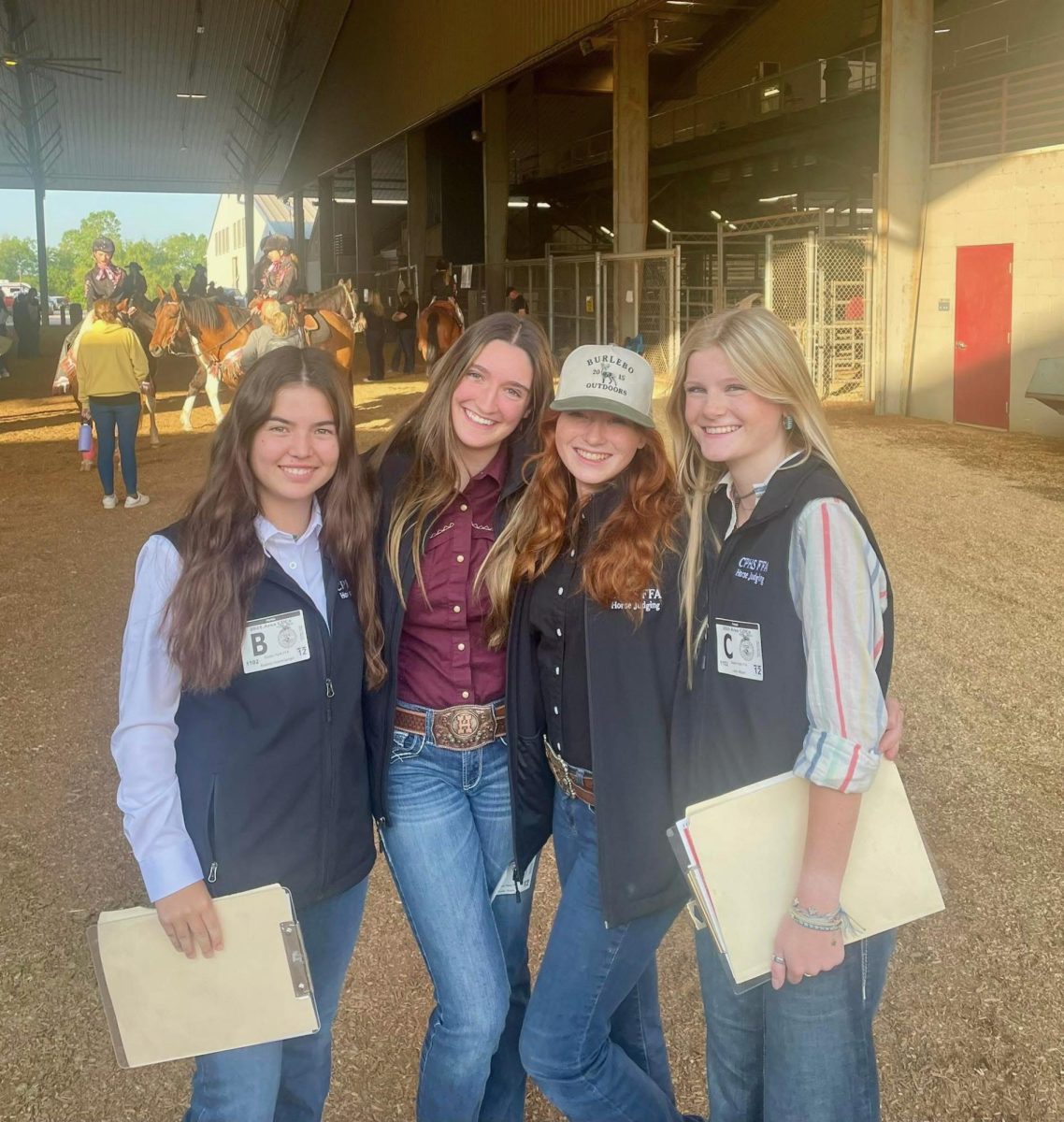
![Broadcast, yearbook and newspaper combined for 66 Interscholastic League Press Conference awards this year. Yearbook won 43, newspaper won 14 and broadcast took home nine. “I think [the ILPC awards] are a great way to give the kids some acknowledgement for all of their hard work,” newspaper and yearbook adviser Paige Hert said. “They typically spend the year covering everyone else’s big moments, so it’s really cool for them to be celebrated so many times and in so many different ways.”](https://cphswolfpack.com/wp-content/uploads/2025/05/edited-ILPC.jpg)











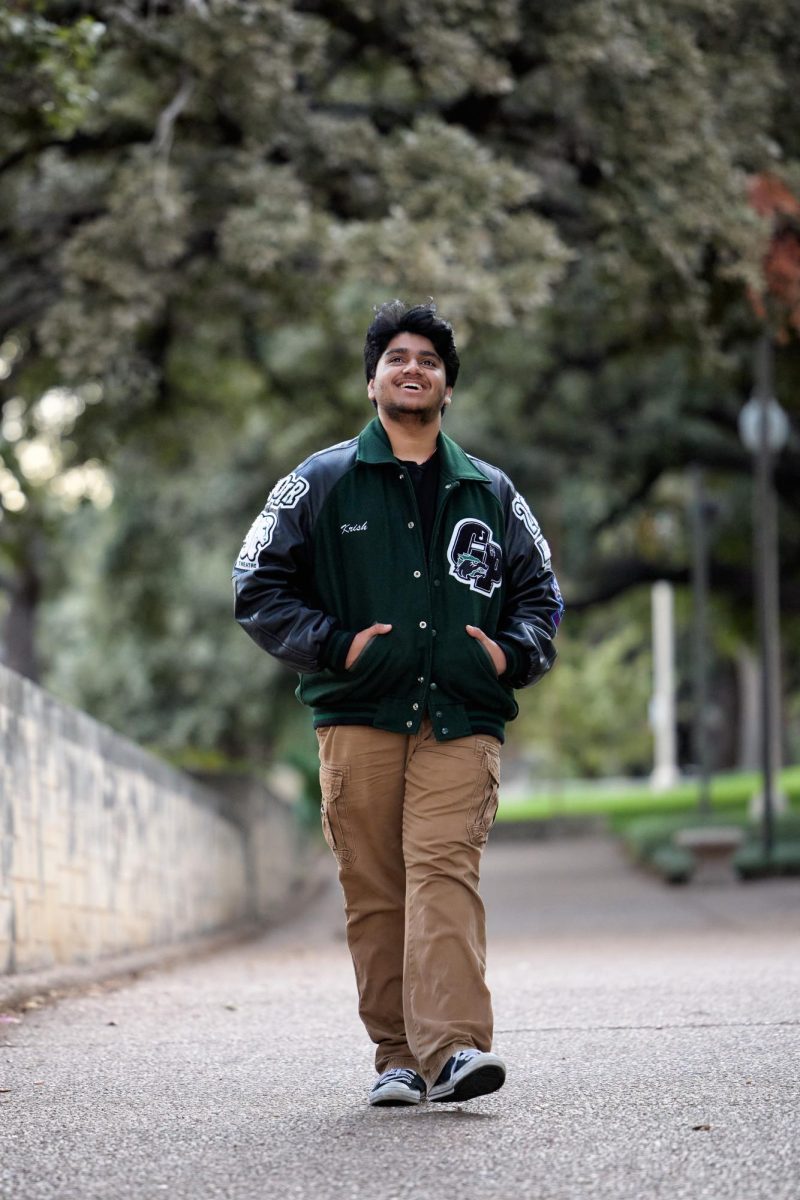

![Bringing her arm over her head and taking a quick breath, junior Lauren Lucas swims the final laps of the 500 freestyle at the regionals swimming competition on date. Lucas broke the school’s 18-year-old record for the 500 freestyle at regionals and again at state with a time of 4:58.63. “I’d had my eye on that 500 record since my freshman year, so I was really excited to see if I could get it at regionals or districts,” Lucas said. “ State is always a really fun experience and medaling for the first time was really great. It was a very very tight race, [so] I was a bit surprised [that I medaled]. [There were] a lot of fast girls at the meet in general, [and] it was like a dogfight back and forth, back and forth.” Photo by Kaydence Wilkinson](https://cphswolfpack.com/wp-content/uploads/2025/03/Kaydence-2.7-23-edit-2.jpg)
![As the support team sits and poses for a photo in the cafeteria with the counseling team they eagerly wait to start their day. "We [all] seem to be a team, I get up every day and there's days where I don't want to go to work today, but I'm thankful that I have a job and I'm blessed to have what I have," Christopherson said. Photo Courtesy of Julie Weltens.](https://cphswolfpack.com/wp-content/uploads/2025/01/AF9E8470-10D7-4C91-BF28-EC8F86BAB66C-1200x852.jpeg)
![Officer Stephanie Cash is in her second year as an SRO at CPHS. “Seeing [students] grow over the years has been kind of cool,” Officer Cash said. “Freshmen that [are] all over the place and then in the next couple of years get a little more squared away and go to class and do work and start thinking about the future. Being a part of a student's growth is the best way to measure my success as an SRO.” Photo Courtesy of Cedar Park Police Department's PIO, Alicia Gallagher.](https://cphswolfpack.com/wp-content/uploads/2024/12/CPHS-SRO-900x1200.jpg)
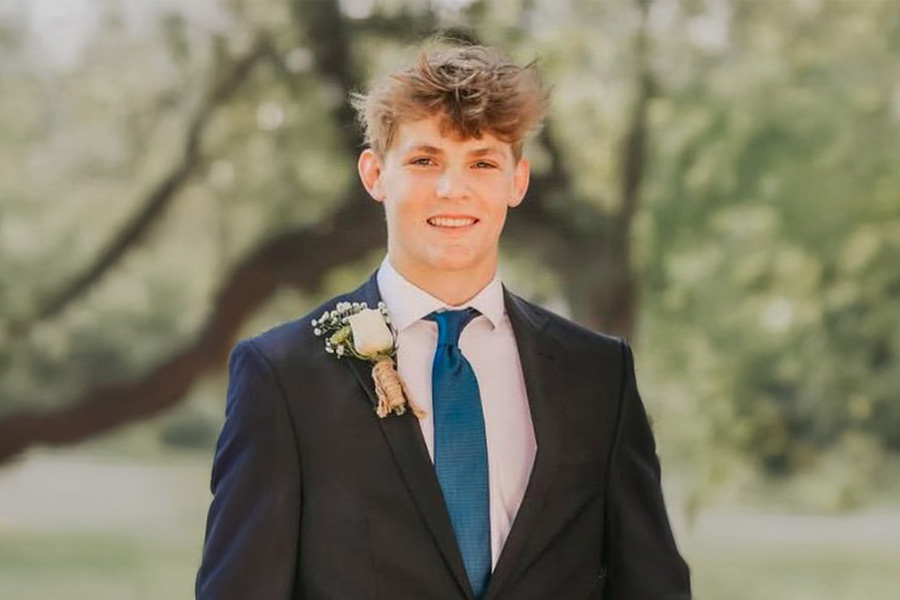

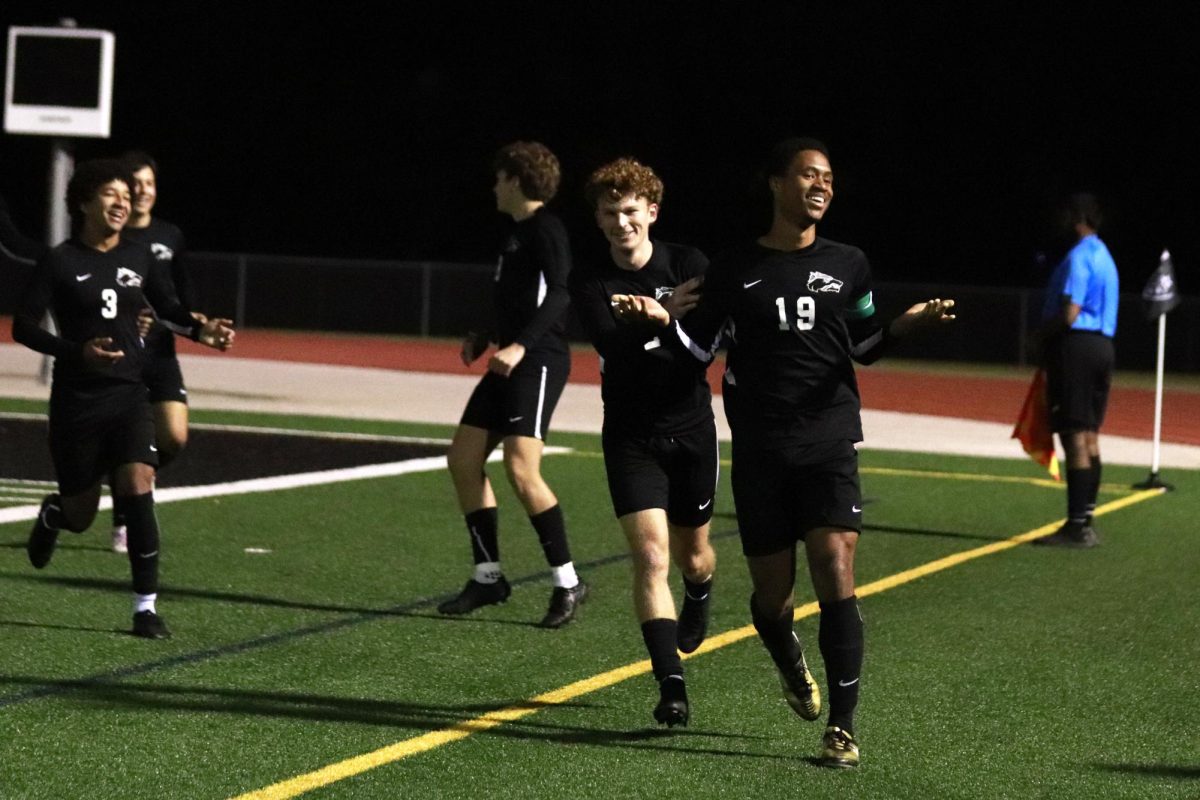
![Taking a breath as he raises his arm up and out of the water, sophomore Kaden Padilla swims the 500 freestyle at the UIL state meet on Feb. 21-22. Padilla placed 10th overall and second in the consolation final in the event, dropping two seconds. “My family was there, so being able to drop time for them was really special,” Padilla said. “It was awesome [finding out I advanced to the consolation finals]. I wasn’t expecting it, and I was very surprised. My parents being there definitely made me a lot happier knowing they got to see me swim in finals.” Photo by Skyler King.](https://cphswolfpack.com/wp-content/uploads/2025/03/kaden-padilla.jpg)

![Three defenders try to stop senior point guard Hope Edwards before the ball leaves her hands. The girls basketball team faced Liberty Hill on Feb 21, losing 58-40. “[My season was] definitely bittersweet,” Edwards said. It's definitely sad [because] I'm gonna miss all my teammates, my coaches and just the whole CP environment.”](https://cphswolfpack.com/wp-content/uploads/2025/03/julia-128-1200x800.jpg)













